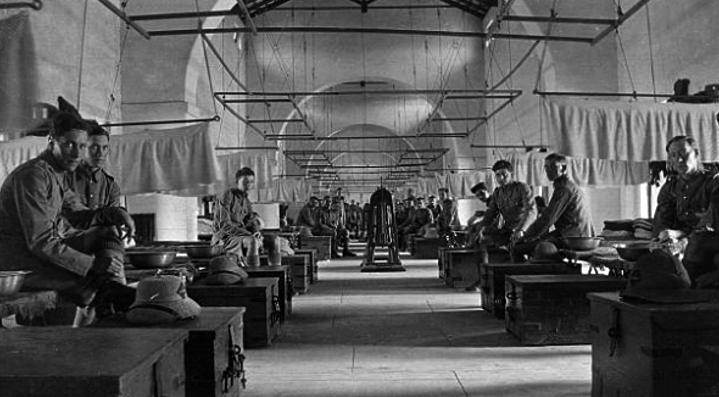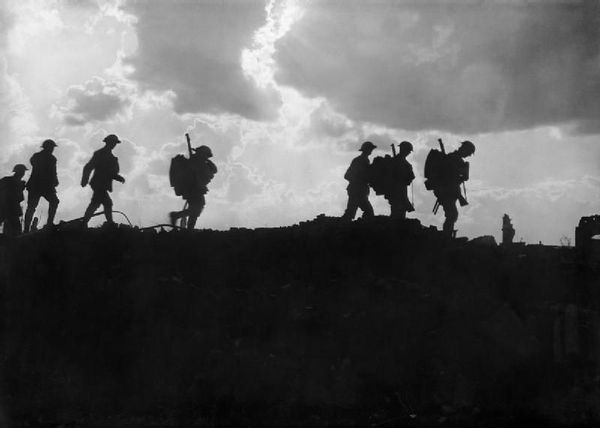Why He Joined the Army
I recently came across the following piece, printed in the Bicester Advertiser on 22nd January 1937. It is an interesting account and, considering he would still have been on reserve when the Second World War started, it is possible that he may now be listed on one of the many war memorials in the local area. Unfortunately it doesn’t state his name, or where he was living, so we will never know.
While so much is being written and spoken of what the Army might become with sundry improvements, it is refreshing to receive the following letter from a young man, formerly a gunner of the Royal Artillery and now a local resident, who has recently completed his Army service:
“I have read so much in the newspapers lately about the shortage of Army recruits that it has occurred to me that perhaps if you were to publish a true life story of a young man’s cause for joining the Army, and the good it did him in many ways, the chief being, as I firmly believe, in saving my life, it might prompt some young men to think again as they pass the recruiting office. I am convinced that unemployed young men of today, and those who are in under-paid jobs with no prospect of bettering themselves, don’t know what they are missing.
I think my experience is unique and is roughly this. – At the age of 16 years I was fed up with my job, had no home of my own, and had to sleep in the workshop where I was employed. I did my own cooking and washing over a single gas ring. Eventually I decided to go to sea, and in due course arrived at Southampton with fifteen shillings, an old bike, a torch, razor, soap, etc., and a much worn suit of clothes. Anyway, it was a much harder job than I imagined for a first tripper, and was entirely unsuccessful. I remained round about Southampton for just five months, in which time I slept in a comfortable bed only twice. I had very little to eat except that which I could scrounge, or sometimes I would earn a copper or two, when I would eagerly buy a loaf and tear it to pieces. I knew what hunger was at that time – just eleven years ago, 1926. I got wet many times in those days, but like youth is, I didn’t take much notice.
I never thought of the Army as I was not eager, but eventually I was forced to enlist as a means to obtain food and shelter. After three months at my depot I was just beginning to enjoy life when I was taken in an ambulance to the Military Hospital, where I was found to be suffering from acute rheumatism, and only sixteen, remember. That was, no doubt, the result of living rough.
I remained in hospital four months and a week, during which time my treatment and food was of the very best, and I only a recruit of three months; yet I was cared for as if I had been a General. I left hospital with a month’s sick leave on full pay, and my pay while in hospital had accumulated to the sum of £15, not so bad for one who had recently been so hard up for a meal and had even eaten orange peel from rubbish bins in parks, etc. After my sick leave I was ok, and from that day to this I have never had a re-occurrence of my trouble. I was sent away on a mechanical transport course, which is said to cost the army £180 per man.
I had a cookery course and took over the duties of a cook, in which capacity I served on and off for three years at home and abroad. My five years’ service in India were the best I have spent, and in March 1933 I came out of the Army after serving close on seven years of a man’s life.
I am now 27 years of age and have a regular job. My Army character was the finest one could wish for – my only regret of the Army is that I ever left it. But I have one consolation, I am proud to say that I am still on the British Army Reserve, for which I get paid the sum of £4 12s. per quarter.
I am happily married with a great son, my own furniture, no bills, not much money, but my larder is always well stocked, and for a fellow who, as a youth eleven years ago, was destitute, it is not so bad, and I can honestly say that I owe everything to the Army.



